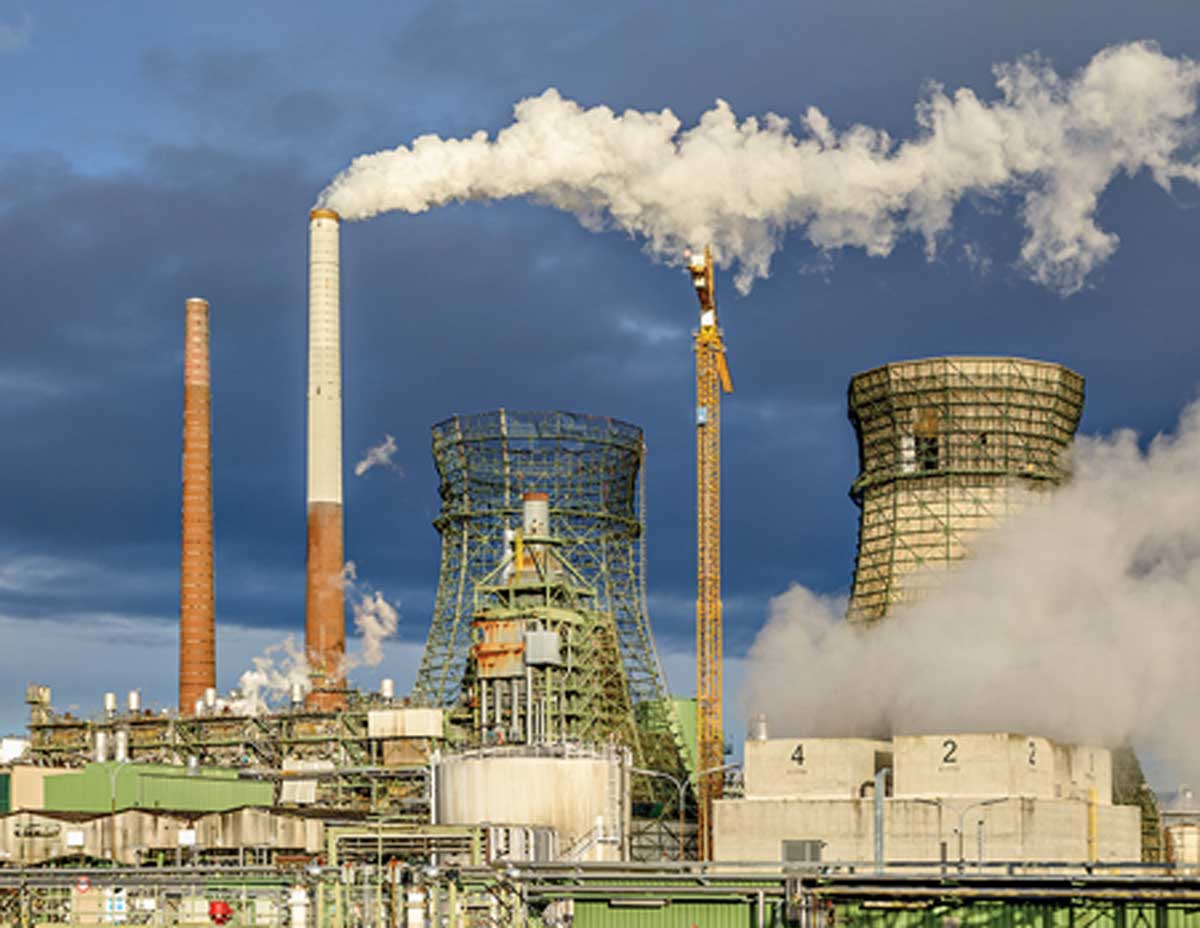Petrochemicals: The Basis of Plastics
Petrochemicals are organic compounds derived from petroleum, which serve as the building blocks for the manufacturing of various materials, including plastics. They are essential in creating the vast array of plastic products we use in our daily lives, ranging from packaging materials and household items to electronic devices and automotive components.
The process of transforming petrochemicals into plastics involves polymerization, where small molecules called monomers are chemically joined together to form long chains known as polymers. This enables the production of plastics with varying characteristics such as strength, flexibility, and heat resistance.
The Environmental Concern: Plastic Waste
Plastic waste has become a significant environmental concern due to its detrimental impact on ecosystems. Traditional plastics are non-biodegradable and can persist in the environment for hundreds of years, causing pollution in landfills, oceans, and other natural habitats.
With increasing awareness of the need for sustainable practices, the demand for biodegradable plastics has risen rapidly in recent years, as they offer an alternative that can mitigate the long-lasting negative effects of traditional plastics.
Biodegradable Plastics: A Promising Solution
Biodegradable plastics are designed to break down naturally through the action of microorganisms, such as bacteria and fungi. They can degrade into harmless substances, such as water, carbon dioxide, and biomass, within a reasonable period.
There are different types of biodegradable plastics available today, including those made from plant-based materials like cornstarch or polylactic acid (PLA), as well as biodegradable variants of traditional petroleum-based plastics.
These environmentally friendly alternatives offer a range of benefits, including reduced reliance on fossil fuels, lower carbon emissions during production, and the ability to divert plastic waste from landfills.
Challenges and Future Directions
While biodegradable plastics hold great promise, there are challenges that need to be addressed to ensure their widespread adoption and effectiveness. These challenges include the development of cost-effective manufacturing processes, proper waste management systems, and standardized regulations governing biodegradability claims.
Furthermore, education and awareness regarding the appropriate disposal methods for biodegradable plastics are crucial as they often require specific conditions, such as industrial composting, to biodegrade efficiently.
Researchers and industries continue to invest in improving the durability, performance, and affordability of biodegradable plastics to offer sustainable alternatives that can coexist with our growing plastic consumption demands.





